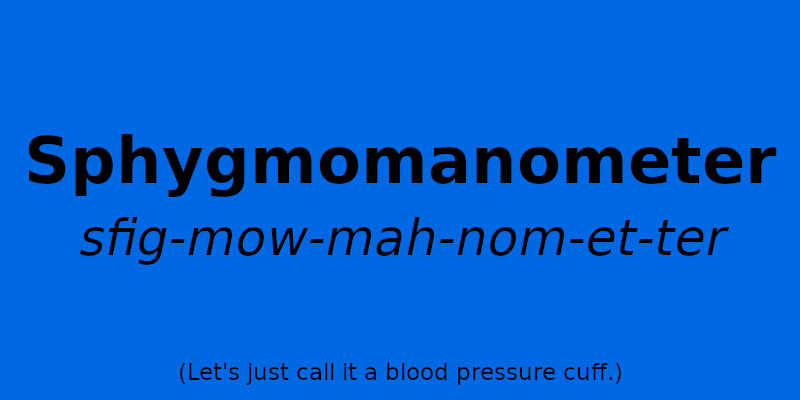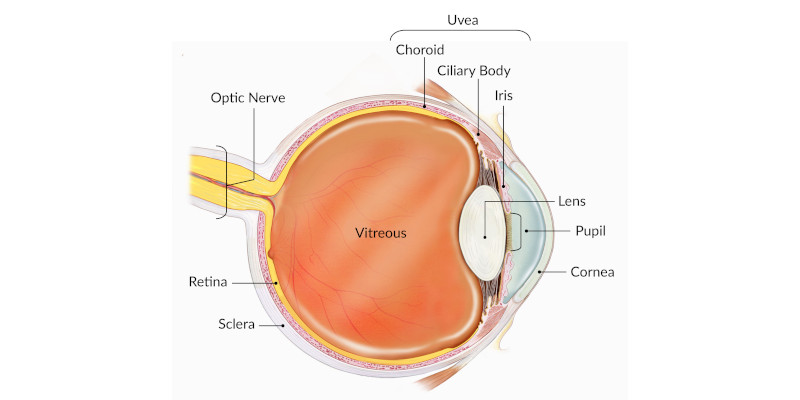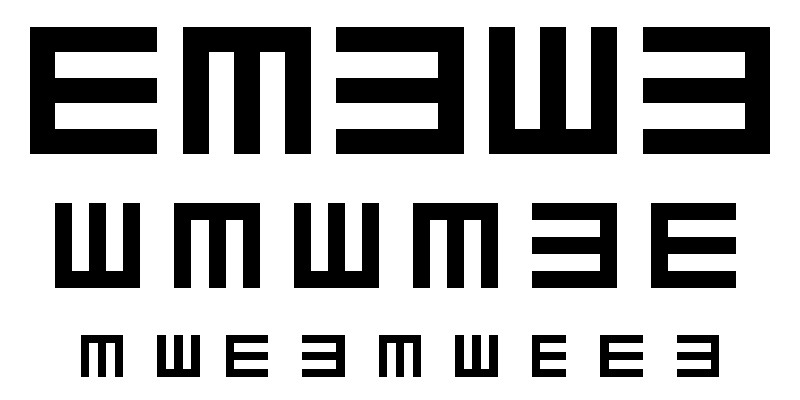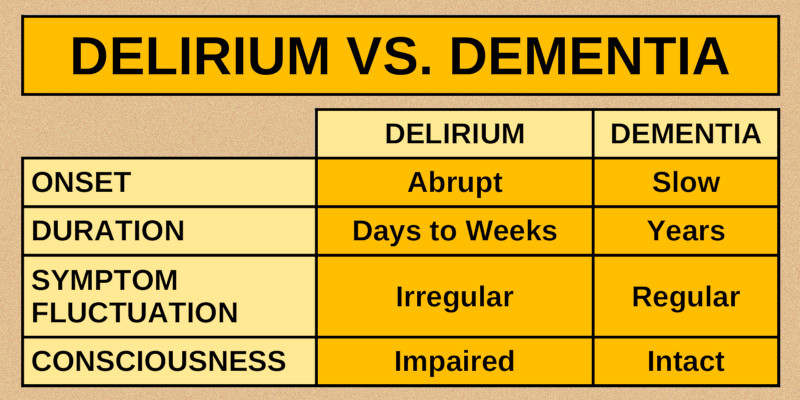

The following level of education is not required to pass the NREMT EMR and EMT tests but could help with your career whether you stay in EMS or segway into another medical field.

Here are direct links to medical terminology videos in a mp4 format. Left-click to watch; right-click and save-as to download. I do not know what textbook was used, but a free one on the subject may be read at and downloaded from the Open Textbook Library.
The subject of statistics has ended the medical dreams of many students. From what I (a former math major) have experienced, much of the difficulty arises from the way the subject is taught. Annenberg Learner is the best resource for basic statistical understanding that I know of.
Against All Odds: Inside Statistics.

The site contain a more than 30 videos, a glossary, and supplemental reading. Each video is about 15 minutes long. Thus, videos covering the more challenging concepts can be easily repeated as needed.
Statistics on the basic level is largely a matter of plugging numbers into standard formulas and interpreting the results. Most students need to know the meaning of the data and not the specifics of how statistical formulas are derived.
The seemingly old-fashioned blackboard approach of these lectures might not work for everyone, but I found it to be easier to follow than the anatomy slideshow presentations I have tried to watch.
A directory of the collection can be found here. The links below are for individual pages with their own video players and links to downloadable files.


Here are thought-provoking lectures about infectious diseases. They are well-presented except for an unfair swipe at "Christians" relative to HIV/AIDS. Links are to pages with media files available as html transcripts, mp3 audio files, and mov video files.
Links to other Yale lectures, including those about biomedical engineering, freshman organic chemistry, and psychology, may be found here.

Ophthalmologists are medical doctors (MDs) who have graduated from medical school. Their scope of practice includes prescribing controlled medicines and performing eye surgery.

Dr. Tim Root, M.D., is an ophthalmologist who has produced and published a free introductory book and accompanying videos about eye health. He covers the subject simply enough for a lay person to follow yet deeply enough to benefit emergency room physicians (if the comments are to be believed.) His video of cataract surgery looks like a scene from Mission Impossible.
Optometrists are also doctors (ODs) but not medical doctors. Optometrists are licensed to provide primary eye care, which includes diagnosing eye diseases and prescribing corrective lens. They refer patients to ophthalmologists for advanced treatments.

James Kundart, OD, PhD, MEd, is an optometrist with many lectures on his Vimeo channel. These are way over my head, but if you have an interest in optometry, they can be found here.
Opticians are technicians who fill prescriptions for eyeglasses and contact lenses, and deal with other optical devices. Educational requirements for licensure may be an associates degree or certificate depending on the state.

Thomas Andersson Wikmann is a product manager for Zeiss who has uploaded some optician assistant training videos. These have a few audio hiccups, follow the European convention of expressing decimals (with a comma,) and are best listened to at a higher playback speed than normal, but I highly recommend them for general eye knowledge.
Dementia is a medical condition characterized by progressive or persistent loss of intellectual functioning resulting from organic disease of the brain. One form of dementia, Alzheimer's disease, was the 6th leading cause of death in the United States in 2019 according to the NIH.
